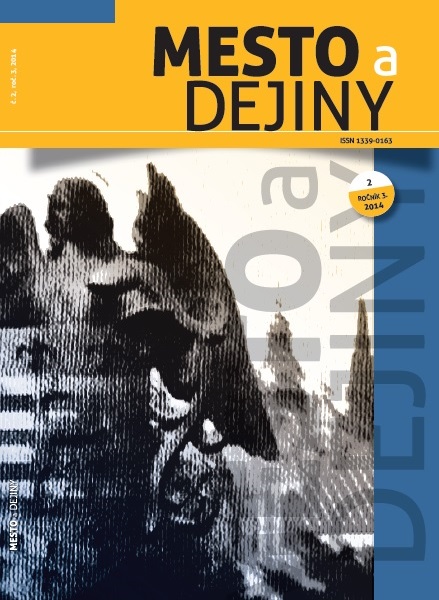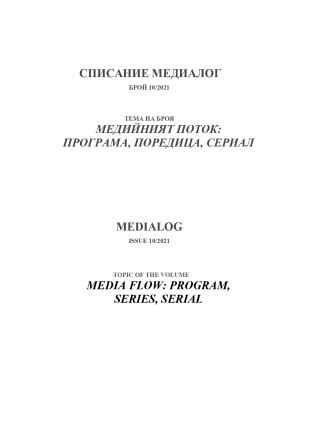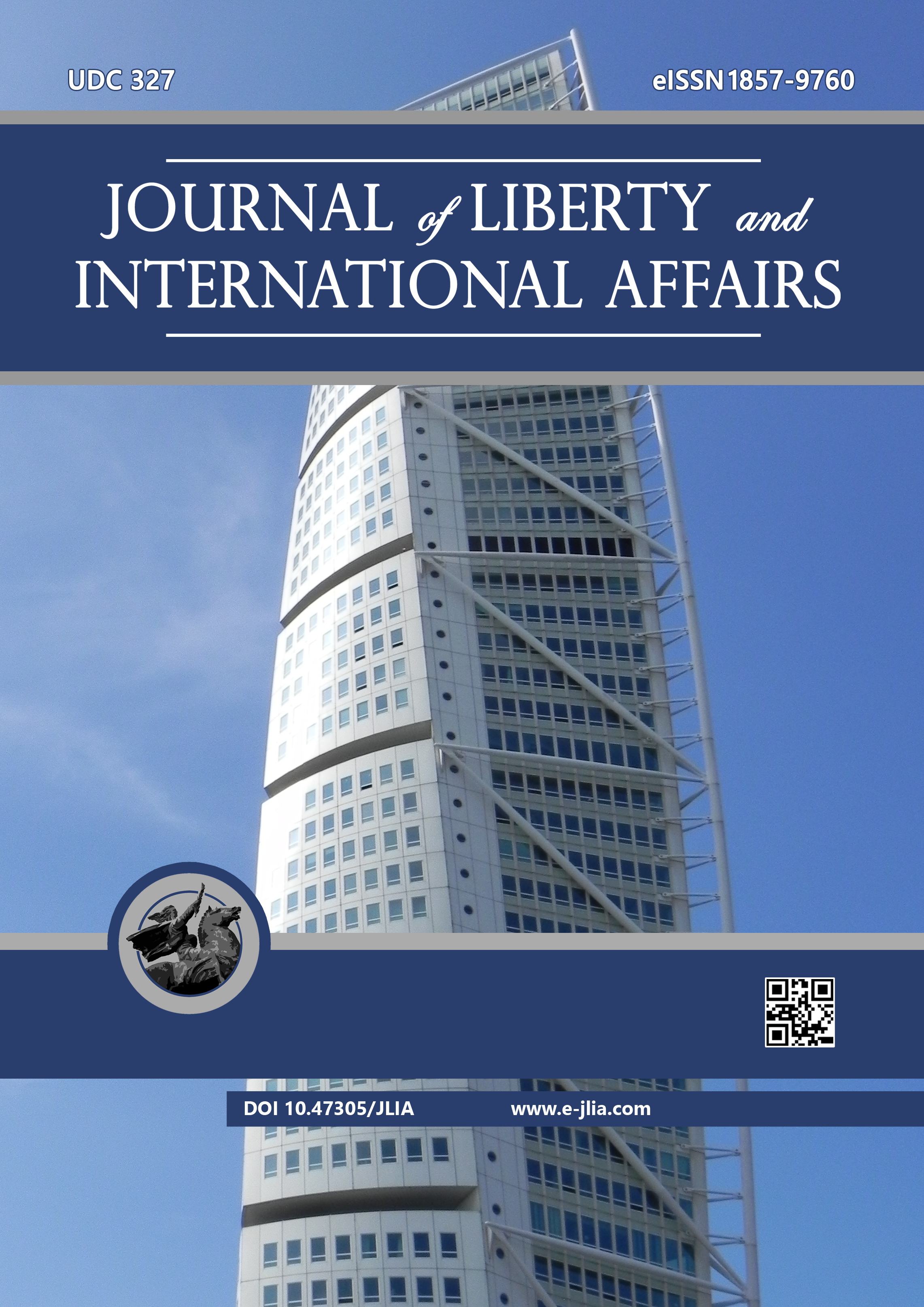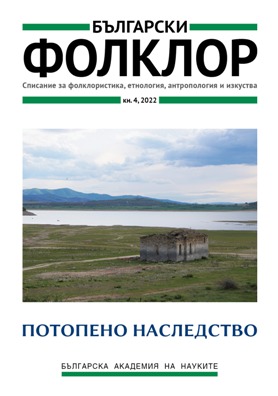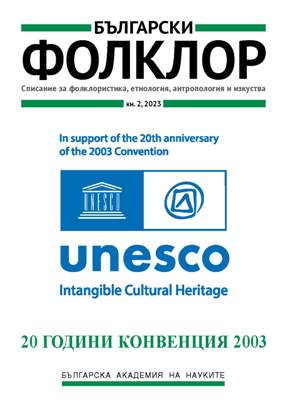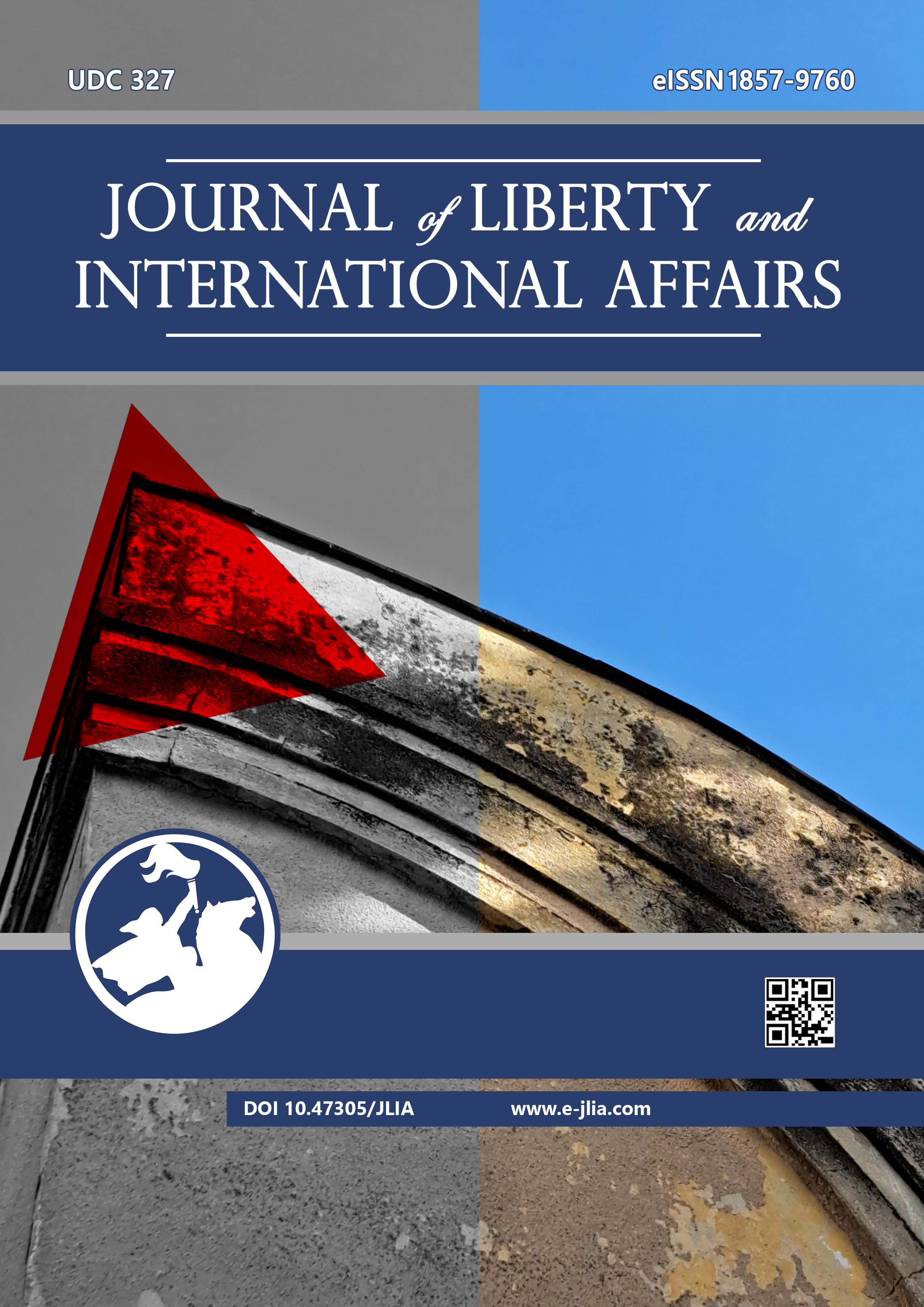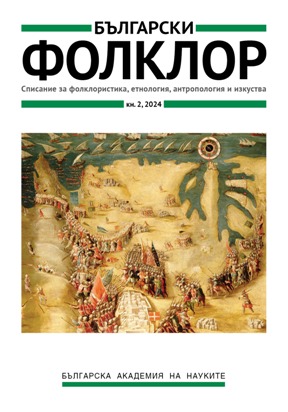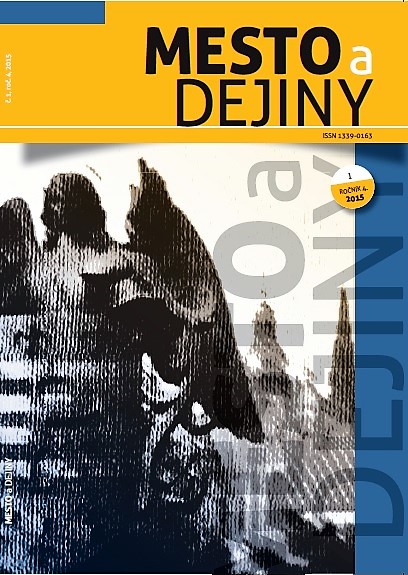
Genealógia prešporského rodu Rosspeidtner
To important part of urban community and townspeople elite clearly belonged also lineage of masons, stonecutters and architects. Author of this study presents new genealogic and heraldic information about stone-architectural lineage of Rosspeidtner (Rosspeudner). This lineage belonged to prominent representatives of early baroque architecture in Hungarian capital city in 17th century and in the beginning of 18th century. Genus of Rosspedtner was of a protestant nature, which came to Hungary probably from the Lower Austria after the year 1625 and was present there for three generations till the year 1713. The founder of Hungarian part of this lineage was Wolfgang Rosspeidtner († 1659), who settled in Pressburg in its suburb (Vydrica). In year 1630 he was admitted as townsman and a member of brickwork-architectural guild. He became an active member, longtime guild leader and he gained lots of important contracts from the town, Pressburger’s townsmen and its nobility, most of all from the nobility of Palff y. For his architectural activity he has received the aristocratic status for him and his successors. As masons and architects were active also his sons and grandson Juraj Rosspeidtner († 1713), who has become a very important member of this genus. He also worked for the city, most of all for Palff y, from whom he has received several contracts for reconstruction of feudal residences in the city as well as in the countryside. Juraj Rosspeidtner died on the peak of his career due to plague. The last known member of Hungarian part of this genus, his daughter Johanna Zuzana has married to aristocratic family Geramb. Author of this study introduces also heraldic monuments, which reminds this lineage, burghers and aristocratic heraldry of Rosspeidtner.
More...
